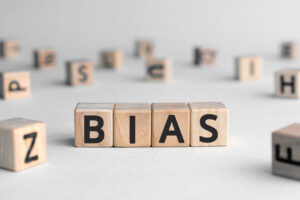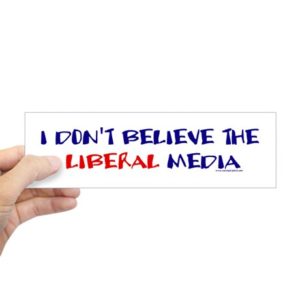Right-wingers’ vendetta against public radio and television would be laughable … if the consequences of this battle weren’t so frightening.
They want to defund National Public Radio, the Corporation for Public Broadcasting and the Public Broadcasting Service. Why? Because they contend erroneously that it’s all “fake,” that it’s biased against conservatives and that the right-wing cabal just won’t tolerate it any longer.
Good fu**ing grief!
In in the interest of full disclosure, I will say I have some experience working for both public media. I freelanced for Panhandle PBS and for High Plains Public Radio for a time after leaving print journalism in 2012. And I worked for a time for KETR-FM public radio in Commerce, Texas, for a while after my wife and I moved to the Metroplex.
I have seen their work up close and I can attest to the absolute professionalism I witnessed while working for them.
I long have held the view that bias rests in the hearts and minds of news consumers, not necessarily in those who deliver it.
I recall a conversation I had with an NPR news director once who explained to me the rules that the broadcast network places on those who deliver the news over the air. They must avoid terms, he said, that connote a point of view. One of those words, he explained, is “reform.”
When discussing legislation aimed at changing current public policy, NPR journalists were told to use the term “overhaul” policy, not “reform” it, as reformation means it would be an improvement.
My friend was quite adamant in telling me that public radio takes its responsibility to be fair, neutral and unbiased quite seriously.
What’s more, I have to point out that the founders protected a “free press” from government interference. They set those protections for the only industry functioning then — and now — in the Constitution.
The right-wing cabal needs to get a grip and perhaps look inward to determine the source of the bias it seeks to eliminate.

